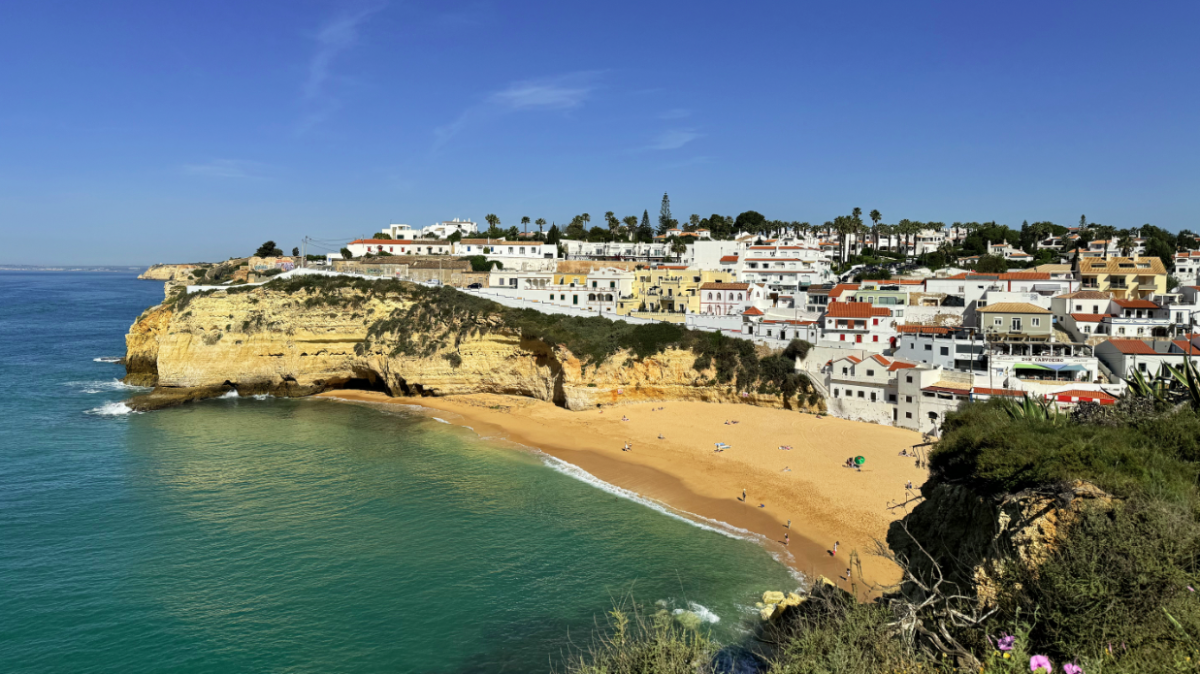The National Statistics Institute (INE) said total arrivals grew 0.4 percent to 12.8 million in 2018. Portugal’s tourism has been growing for eight years in a row, though some in the industry believe it is set to reverse in 2019, partly due to a drop in British visitors due to Brexit.
The head of the Porto and North of Portugal Regional Tourism Authority (TPNP), Luís Pedro Martins, has meanwhile said figures regarding overnight stays and guests for 2018 were “fantastic.”
The region registered 7.9 million overnight stays in 2018, a 5 percent increase compared to the previous year, and 4.3 million guests, an increase of 4.63 percent.
According to the TPNP, the northern region saw the biggest growth and the figures show the country “is on the right track.”
He told Lusa News Agency the World Tourism Organisation had forecast that these figures would be maintained until 2030.
Asked about whether Brexit was a reason of concern for TPNP, Pedro Martins said it wasn’t, pointing out that the United Kingdom was the region’s fifth largest source of tourists and that Spain was at the top of the list.
Pedro Martins said the northern region had seen big growth in the Spanish market, as well as in the American and Brazilian markets. The French market continues to be the second best and could continue to grow, he added.
The northern region ended 2018 with global income amounting to €482.7 million (€52.4 million more, with revenue per available room, or RevPAR, of €46, an increase of 8.75 percent.)
Pedro Martins said these figures showed that tourism activity was one of the levers of the economy and had a “big growth margin.”
Meanwhile, the Algarve garnered total hotel tourism revenue of one billion euros last year, according to data from the National Statistics Institute (INE) on tourism in the Algarve in 2018.
This, the RTA Algarve Tourism Board said, mirrors the consolidation of tourism performance in the region.
The one billion euros in revenue represents a year-on-year increase of 4.7 percent, and was accompanied by a 1.5 percent increase in the number of guests, which stood at 4.2 million in the same period.









